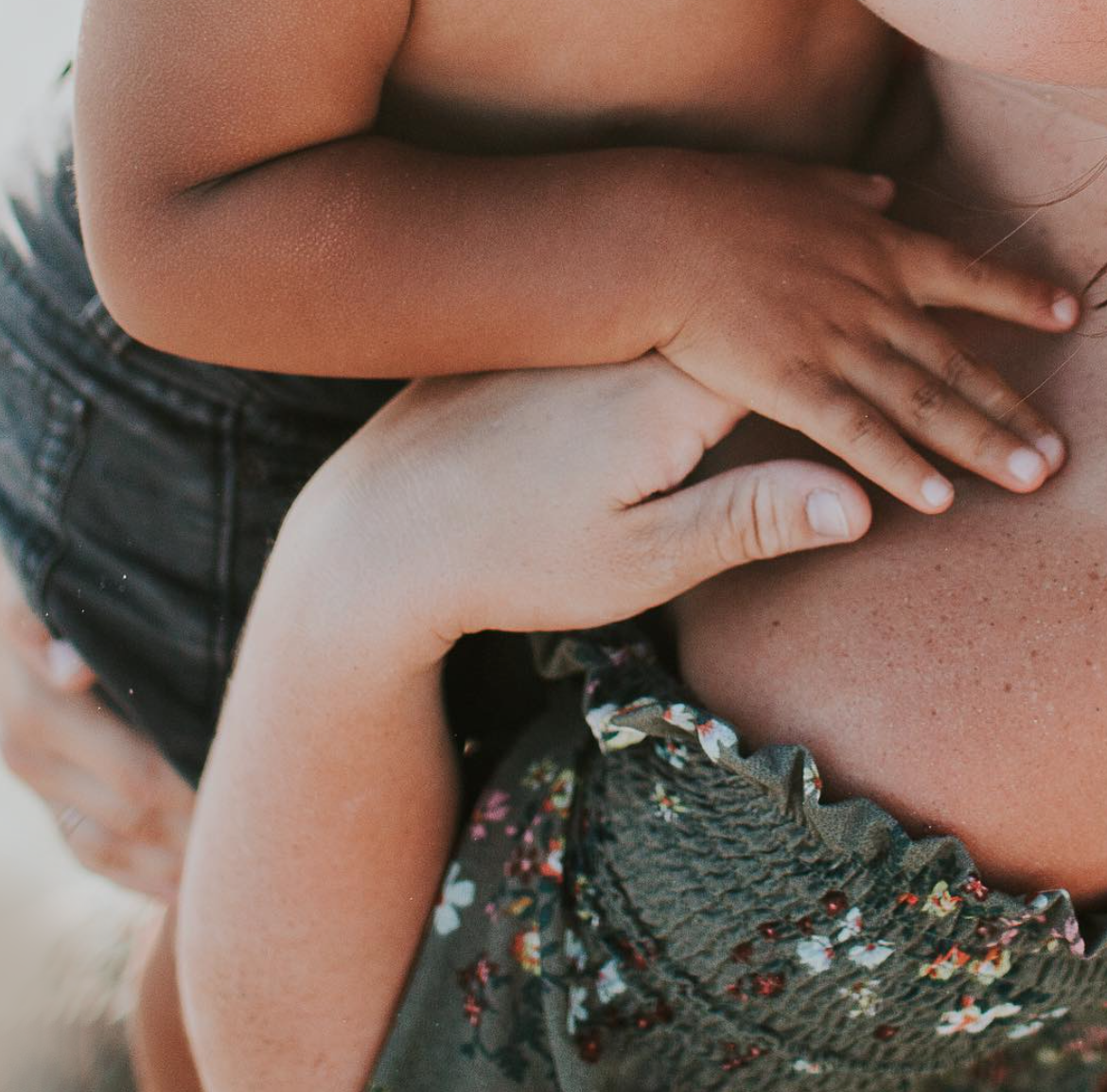When an expectant mother considers the choice of adoption, it is likely that the relinquishment of her child is not her first trauma. One of the most common traumas that many expectant mothers and birth mothers experience alongside their unexpected pregnancies is the lack of housing security. Especially in larger metro areas with significant housing shortages, this crisis of the unhoused is growing with no solution in sight. California makes up for nearly a quarter of the nation’s unhoused population, with nearly 130,000 people living without a home on any given day. This crisis is caused by a number of factors, such as insufficient income, lack of affordable housing, unemployment, poverty, insufficient wages, domestic violence, mental illness, and substance abuse. Additionally, the likelihood of someone’s homelessness being attributed to any of these factors is compounded depending on their demographics. In Los Angeles County between 2005 and 2010, 1 in every 20 pregnant women were homeless. In 2010, black pregnant women were ten times more likely to find themselves without housing compared to white pregnant women. How does this affect the current adoption scene?
Unsurprisingly, the factors that cause homelessness are often the same factors that prompt an expectant mother to place her child for adoption. Financial hardship is one of the most commonly given reasons that women choose adoption. While pregnant women considering adoption are entitled to living expenses during and shortly after pregnancy, the laws are not always clear in many states in regard to how much can be paid for those expenses, or what exactly the funds may cover. Though some states embrace statute language with precise limits for an expectant mother’s living expenses, other states depend on vague phrasing and the concept of reasonability instead of exact dollar amounts.
How do adoption professionals typically handle living expenses? While some adoption professionals make a point of never distributing cash or lump sums, it seems a large portion of professionals cut corners, and in the worst realms of adoption, they make their financial offerings the sole focus of how they advertise to women. It is best practice for adoption professionals, where permitted and possible, to make the payments for housing, utilities, food, etc. directly through the bill payee. For a mother experiencing financial hardship, the money administered for living expenses is necessary for her to eat, sleep in a safe environment, and maintain her and her child’s health during and after pregnancy. However, there are ethical dilemmas that abound. Should a mother have to consider or choose adoption to receive such basic needs? And if she changes her mind and decides to parent her child, where will they go?
There are maternity homes nationwide that will house pregnant mothers in crisis, at no cost to them. Some of these maternity homes have received criticism for their traditional models that mirror the homes for unwed mothers of the Baby Scoop Era of the twentieth century. Because of this adjacency, many maternity homes have a reputation for maintaining rigid expectations and punitive policies. Many of the newer maternity homes have embraced modern times and encouraged women to self-sufficiency and connect them with practical and effective resources. However, the concept of adoption-only maternity homes is still alive and well, and they present another ethical predicament. These maternity homes commit only to housing women who are considering adoption. While on one hand, this can be a positive environment for women who have little to no social support in their own world, this can also be destructive for women who may want to change their mind about adoption. While these homes are few, most of the ones in existence are funded by adoption agencies. Even with the best intentions, there are inevitable pressures to choose placement when the cloud of homelessness is lingering over her head.
After placement, birth moms are only entitled to assistance from the adoptive parents and/or adoption professional for a short number of weeks. In California, the statute is once again, unclear. While healthcare providers recommend women rest for two to six weeks after vaginal delivery, and four to twelve weeks after a cesarean delivery, it’s no secret that so many mothers in the United States simply don’t have that luxury. Birth mothers are no different. In most states, statutes provide that living expenses that are considered “pregnancy-related” can be paid throughout this post-delivery timeframe. However, it allows her limited time, if any at all, to find a stable job, housing, and grieve. In most states, a woman who places an older child for adoption is not entitled to living expenses in any capacity.
From working in this field, I have seen firsthand the population of houseless expectant mothers being preyed upon by adoption professionals. In Southern California, unlicensed, unregulated adoption facilitators are known to frequent the motels and street scene of North Orange County, Long Beach, and South Central Los Angeles. Some facilitators have a referral system in place, whereas they offer money to former clients for referring a pregnant friend. This practice is prevalent in the jails, as facilitators will promise to send women commissary money or even “emotional compensation” such as sending them family pictures, books, or writing them letters to keep them company in exchange for referrals. Because facilitators are not regulated in any way, this sickening exploitation will continue to take place.
The question that remains is always about the welfare of the children in the equation. If a mother is dealing with homelessness, mental illness, and/or substance abuse, her choices are quickly narrowed. Often, in these cases, she is given a choice between having her child removed and placed into foster care, or voluntarily placing her child for adoption in a permanent home. Offering these two choices is acknowledged by many as coercive, but there is a gray area. The reality, in many cases, does show that these are truly the only choices a woman has at the time of birth or discharge from the hospital. For a mother who is trying to make the best possible decision for the future of her child, neither choice is ideal. For this child who quite literally just arrived, the future may be uncertain.
Lastly, what does post-placement care and openness in adoption look like for a homeless birth mother? Because her traumas are layered, the complexity of her situation grows exponentially. Simply treating the adoption trauma without treating the other trauma is not effective. Even through counseling and support groups, how can a woman be expected to find peace with her adoption when she doesn’t even know where she will sleep tonight? Post Adoption Contact Agreements are enforceable in California, and if a woman is represented by an attorney to create an open adoption agreement, it is not uncommon to include stipulations on openness, such as maintaining sobriety, and disclosing a current mailing address and/or phone number. While these stipulations are understandable in many child-centered adoptions, it does not take an expert to grasp the difficulties of doing such without housing security.
What does the future hold for the rights of women who are pregnant and homeless? It is clear that a blend of proactive policies must occur for the experience of unexpected pregnancy to improve for expectant mothers and birth mothers who are facing simultaneous traumas. Further, as long as regulations and enforcement are inadequate for unlicensed, predatory adoption brokers, the future for all parties to the triad looks bleak. Neglecting these pressing issues allows margin for the continued commodification of children and abandons our mothers.
While the current state of adoption may feel grim, your adoption process and journey does not have to be. If you’re an adoptive parent reading this, you carry a responsibility. While the housing crisis that many of our neighbors are facing is not something that can be simply and quickly solved, there are resources in existence. To begin to help an expectant mother in need, start with United Way’s 211 hotline to find housing resources local to her. Search for shelters that help homeless expectant moms because they deserve the help, not just because they’re making an adoption plan. Be alert, be cautious, and stand up for these women. Check yourself each step of the way, because she deserves that and so does her child. Ask questions, and demand answers. If something doesn’t feel right, dig deeper. In these tough spots, we all have to do the best we can. Prepare yourself for the possibility that your professional will not follow suit. Our children depend on us.
[1] “California Homelessness Statistics.” Homeless in California Statistics 2018. Homeless Estimation by State | US Interagency Council on Homelessness
[2] “Homelessness in America: Overview of Data and Causes.” National Law Center of Homelessness and Poverty, nlchp.org/wp-content/uploads/2018/10/Homeless_Stats_Fact_Sheet.pdf.
[3] “Homeless During Pregnancy 2005-2010.” County of Los Angeles Public Health, The Los Angeles Mommy and Baby Project, Oct. 2012
[4] “Birth Mother Expenses.” Academy of California Adoption Lawyers and the Academy of California Family Formation Lawyers – Birth Mother Expenses, www.acal.org/faqs/birth-mother-expenses.php.

Written by Kelsey Vander Vliet Ranyard
Kelsey is a birth mom in an open adoption and an advocate for safe, ethical, child-centered adoptions. Kelsey has spent the past several years working in the adoption field from coast to coast – in both adoption law firms and adoption agencies. Adoption has been part of Kelsey’s life from the beginning, as she is the daughter and granddaughter of adoptees. Her range of experience within the adoption community has given her a unique understanding of some of the most pressing challenges in domestic adoption. She is currently the Director of Advocacy and Policy at AdoptMatch and resides in Raleigh, North Carolina with her husband and daughter.










